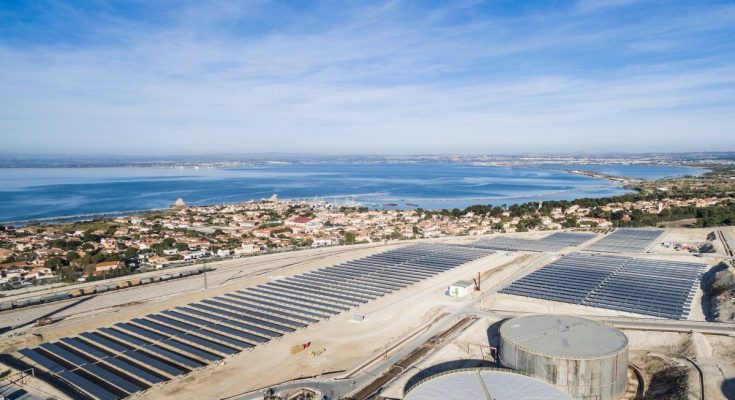Biorefinery refers to the facilities, which converts biomass into fuels, power, heat, chemicals and materials, food, and several other useful products. Biorefinery is analogous to the conventional petroleum refineries producing a variety of fuels and other useful products from petroleum feedstock. Biorefinery facilitate the conversion of different bio-based feedstocks into several useful products such as energy, chemicals and materials. According to the definition provided by IEA Bioenergy, an organization setup by International Energy Agency (IEA), “Biorefinery is the sustainable processing of biomass into a spectrum of marketable products (food, feed, materials, chemicals) and energy (fuels, power, heat)”. IEA is an organization established within the framework of the Organisation for Economic Co-operation and Development (OECD), which works to ensure reliable, affordable, and clean energy for its 29 member countries and beyond. Biorefinery is analogous to the conventional petroleum refineries producing a variety of fuels and other useful products from petroleum feedstock.
A biorefinery utilizes different kinds of biomass, such as agricultural crops, wood, forest residues, algae, sea weeds, and organic residues. The different processes used for the conversion of biomass into energy and other products are:
- Thermochemical processes, such as pyrolysis and gasification
- Biochemical processes, such as enzymatic conversion and fermentation
- Chemical processes, such as esterification and acid hydrolysis
- Mechanical processes, such as fractionation and size reduction
The global biorefinery market is growing at a significant rate, owing to government initiatives and increasing pressure for environmental sustainability, need for geopolitical energy security, technological advancements and increasing investment in biorefinery market, and increasing need for energy independence. However, the requirement of high initial capital investment, uncertain global economic conditions and food insecurity are major challenges witnessed in the global biorefinery market.
Geographically, North America dominated the global biorefinery market, owing to the abundance of feedstock and arable area. North America is the largest producer of biofuels, among all the regions across the globe. The major reasons behind the growth of the biorefinery market in the region are high demand for energy independence and energy security, stringent environmental regulations, and high investment for the development of biorefineries. The distinct governments in North America are focusing towards the development of alternative energy sources, which are renewable and sustainable.
Some of the major players operating in the global biorefinery market are Neste, Abengoa Bioenergy SA, Renewable Energy Group Inc., Pacific Ethanol Inc., Valero Energy Corporation and UOP LLC.




